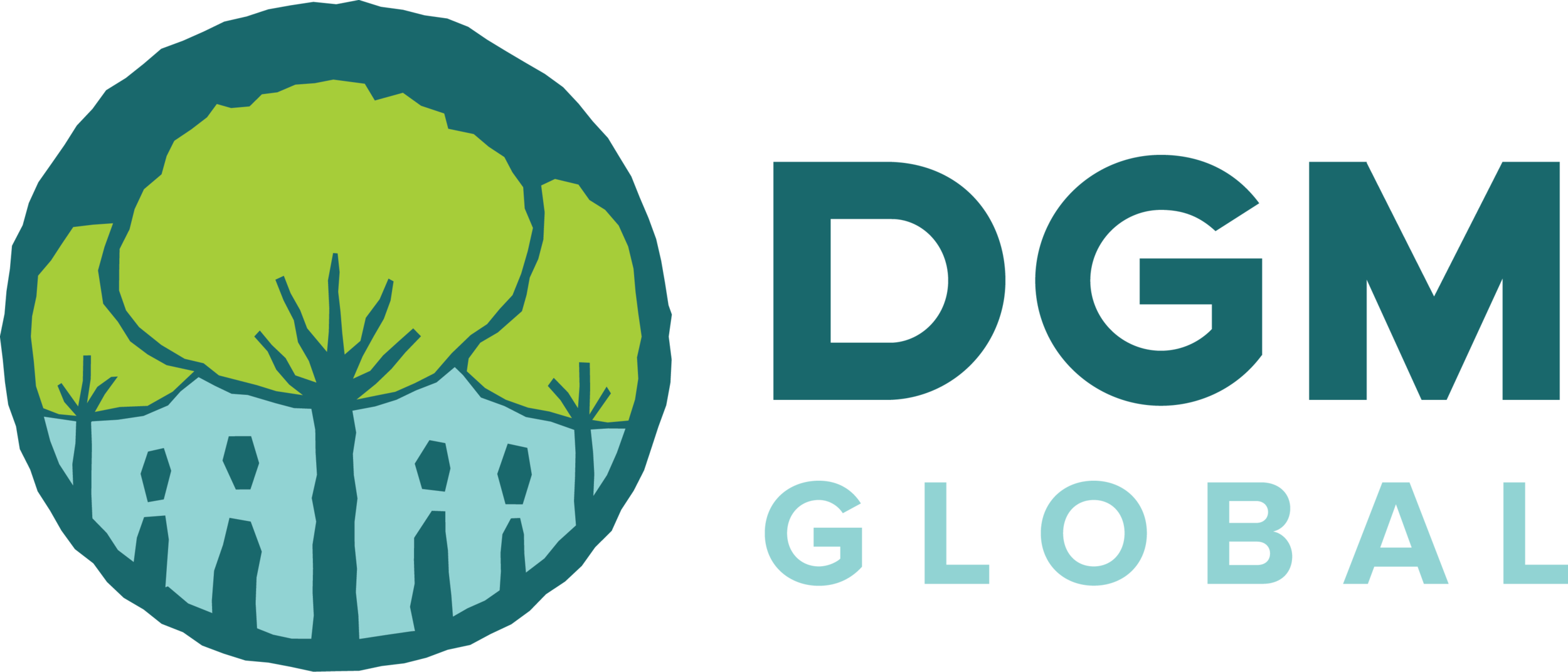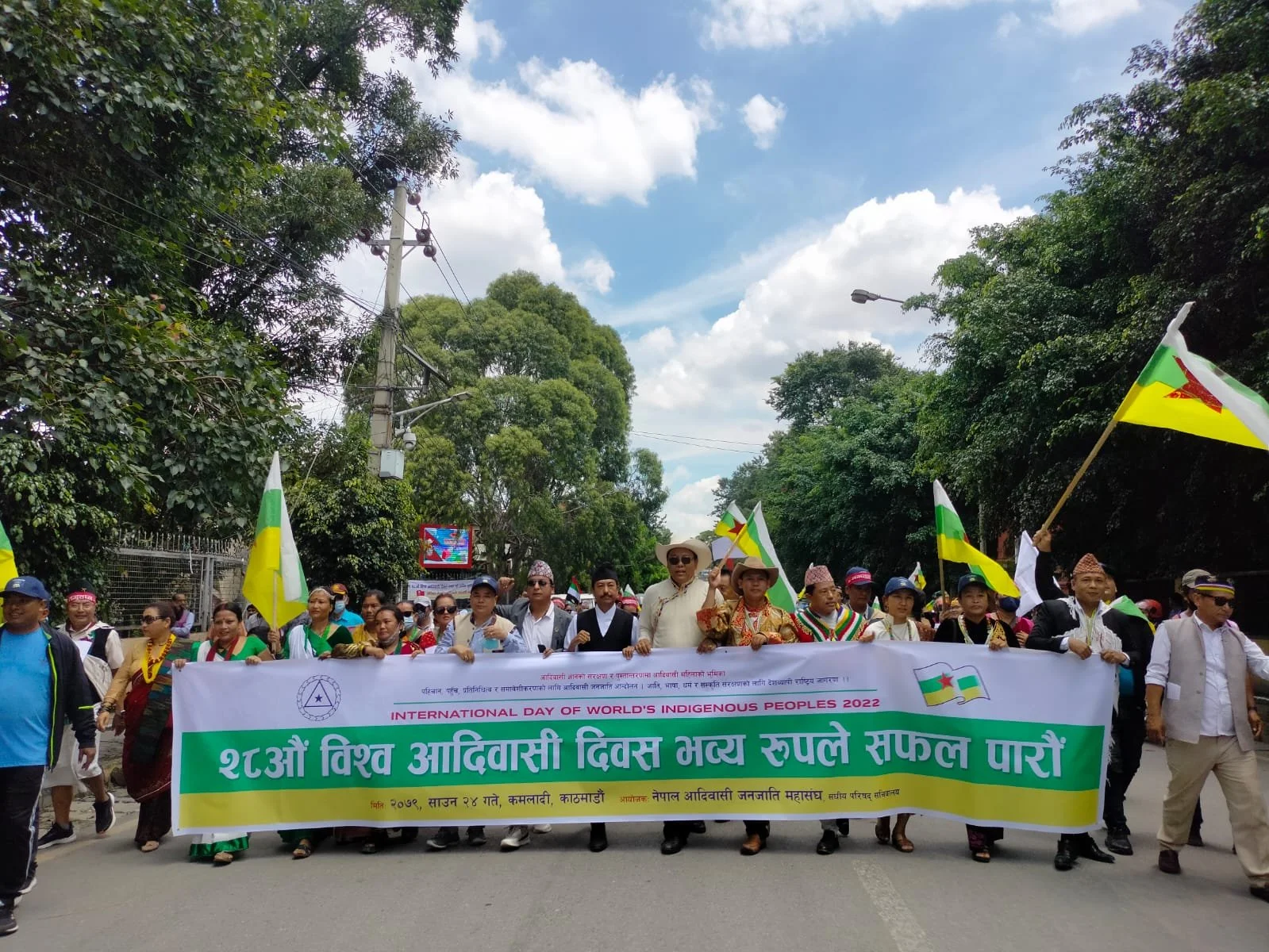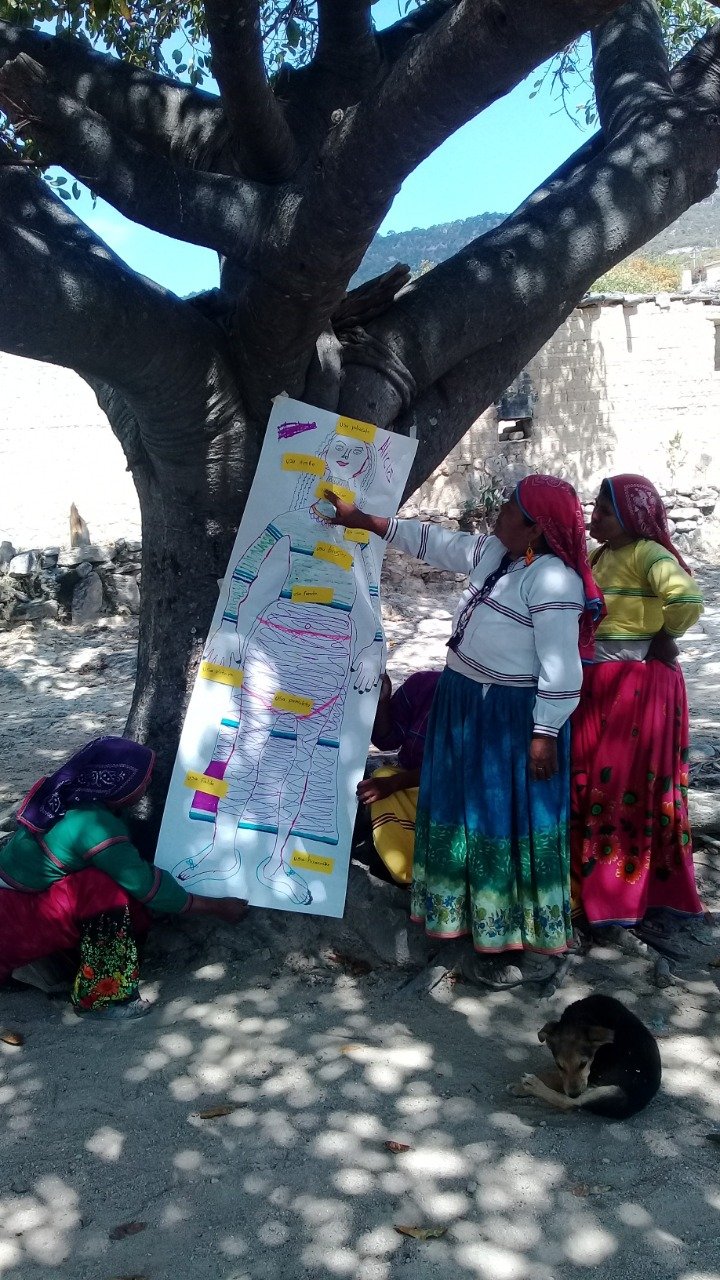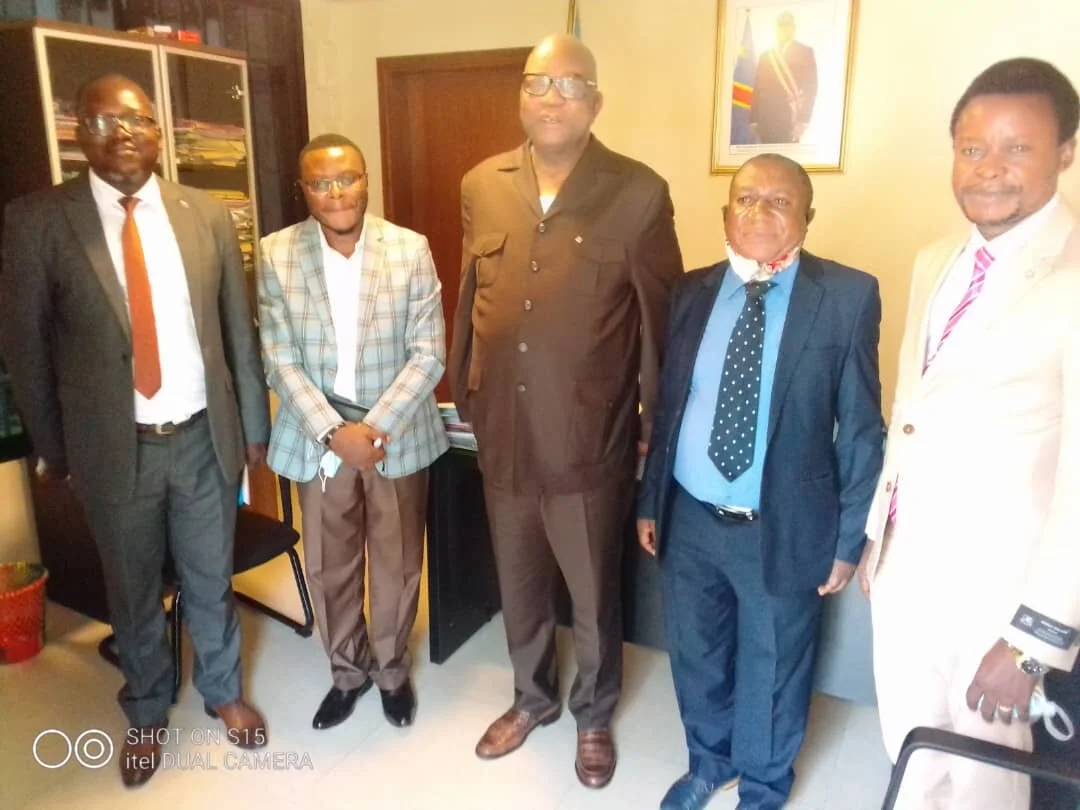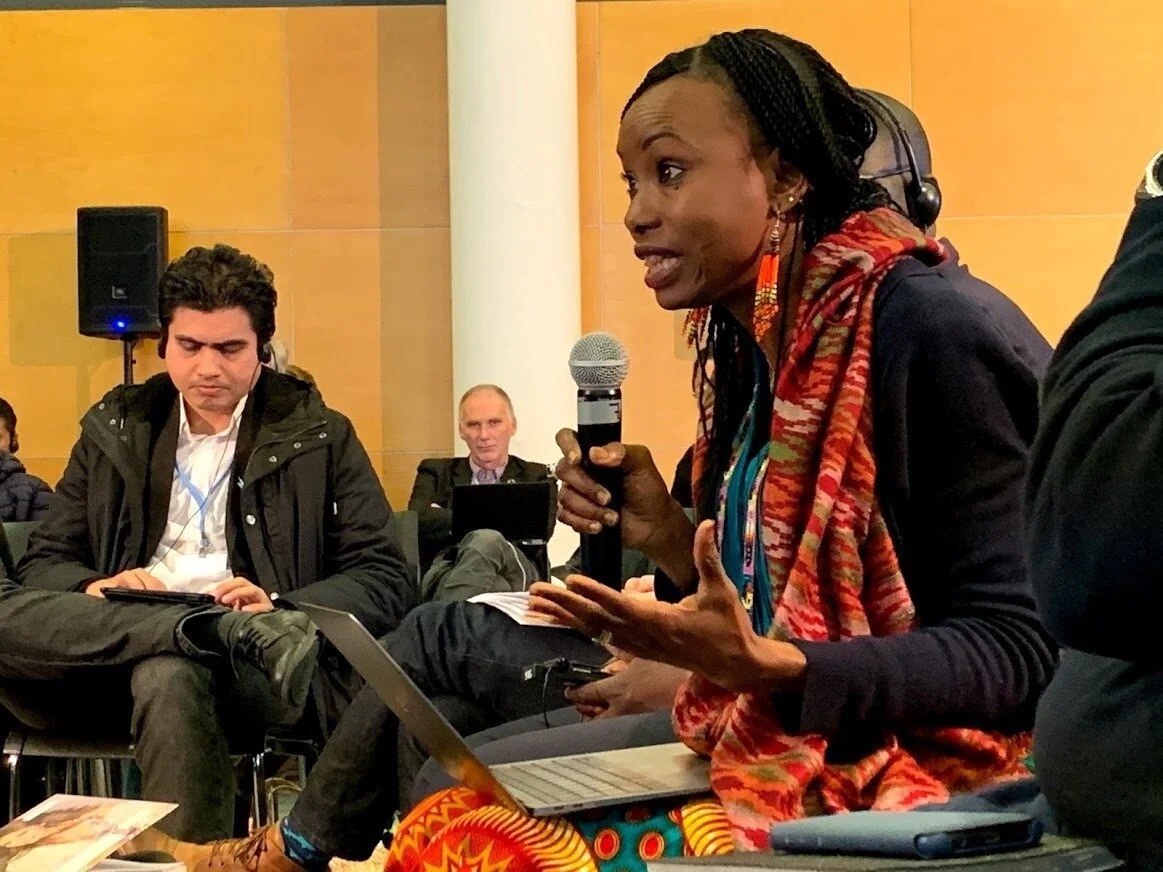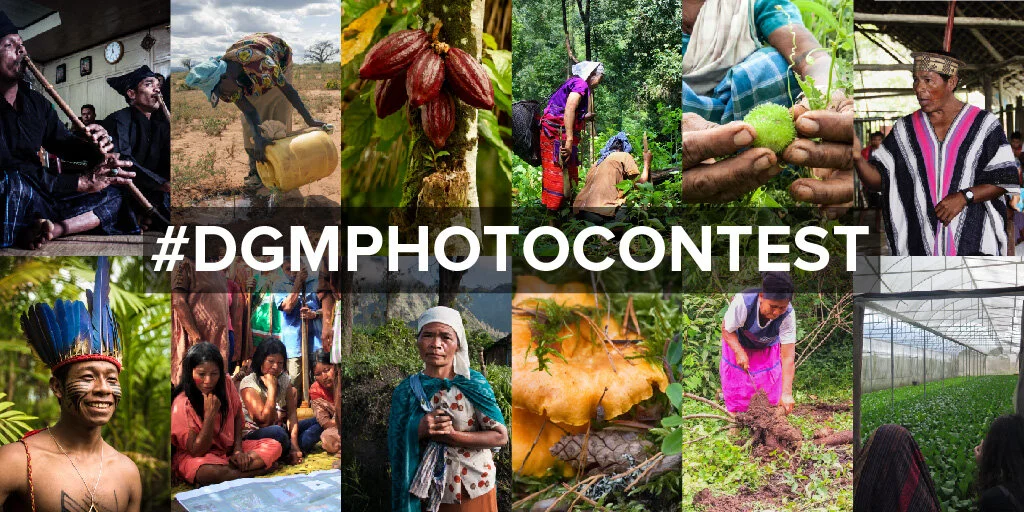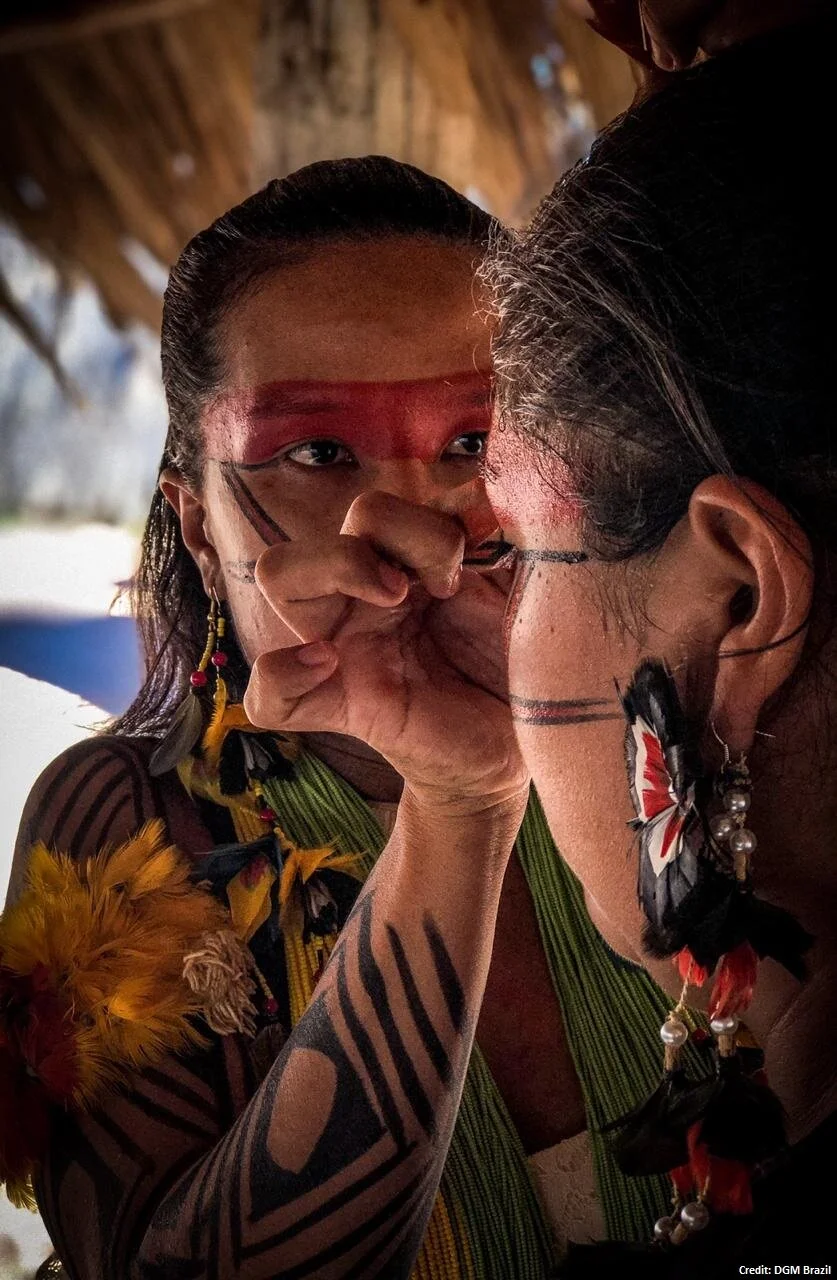Overview | Brazil | Burkina Faso | Cote d’Ivoire | DRC | Ghana | Guatemala | Indonesia | Mexico | Mozambique | Nepal | Peru | Rep. of Congo
Brazil
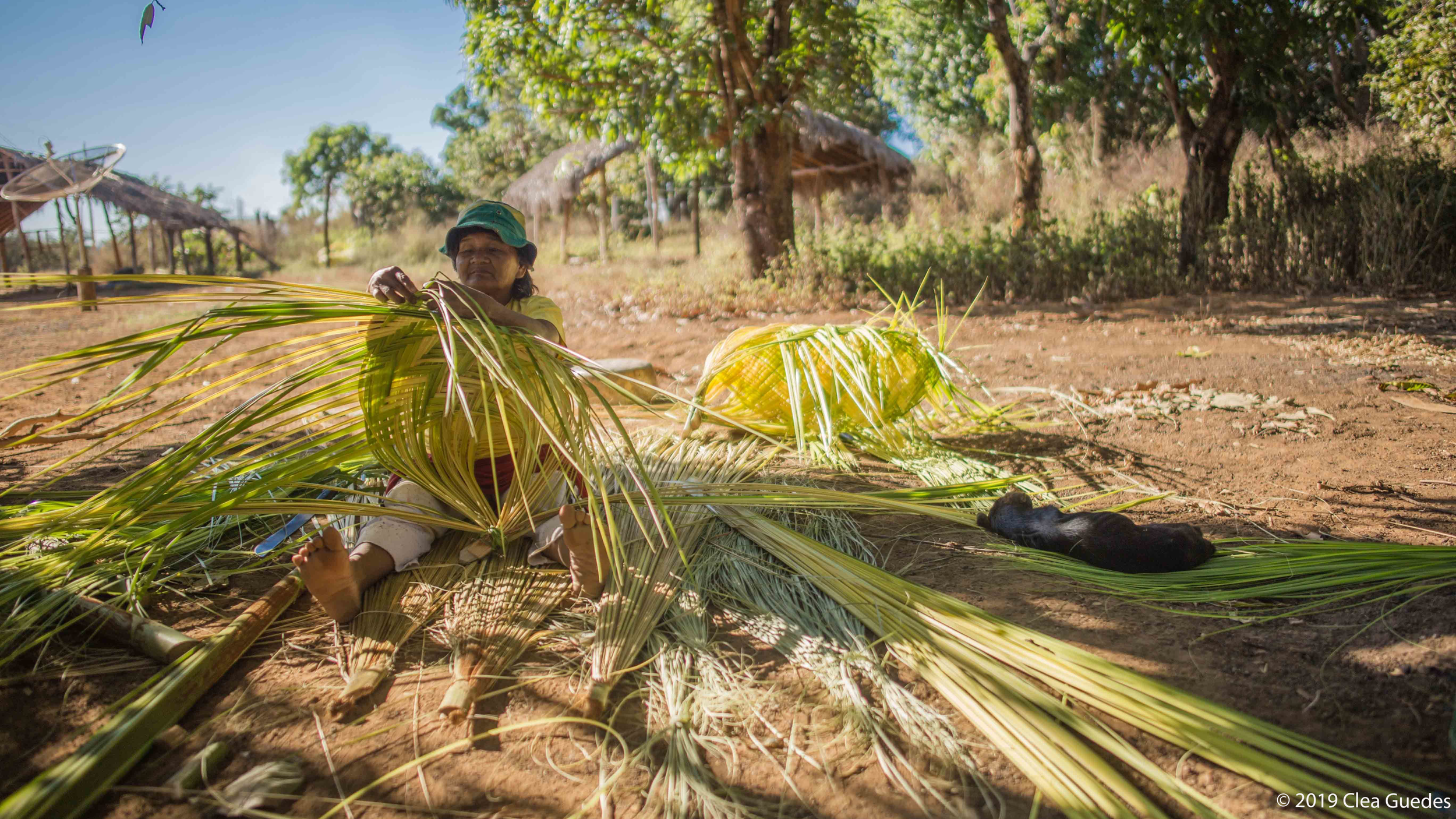
Dedicated Grant Mechanism for Indigenous Peoples, Traditional Communities and Quilombolas of the Cerrado (Savanna)
Project Document (Phase 1) | Project Document (Phase 2)
Status: Active Phase 1 Funding: US$6.5 million Phase 2 Funding: US$0.93 million
Forest Investment Program Approval: June 2015
Phase 2 World Bank Approval: November 2022
Phase 2 Implementation: January 2023 - November 2024
National Steering Committee: List
National Executing Agency: Centro de Agricultura Alternativa do Norte de Minas (CAA/NM)
Website | Climate Investment Funds | World Bank (Phase 1) | World Bank (Phase 2) | Facebook | Twitter | Instagram | YouTube
Objective: Strengthening the engagement of the Cerrado’s indigenous peoples and traditional communities (IPTCs) in FIP, REDD+, and other climate change programs at local, national, and global levels, and contributing to improved livelihoods, land use, and sustainable forest management in their territories
Map of DGM Brazil subprojects.
© DGM Brazil
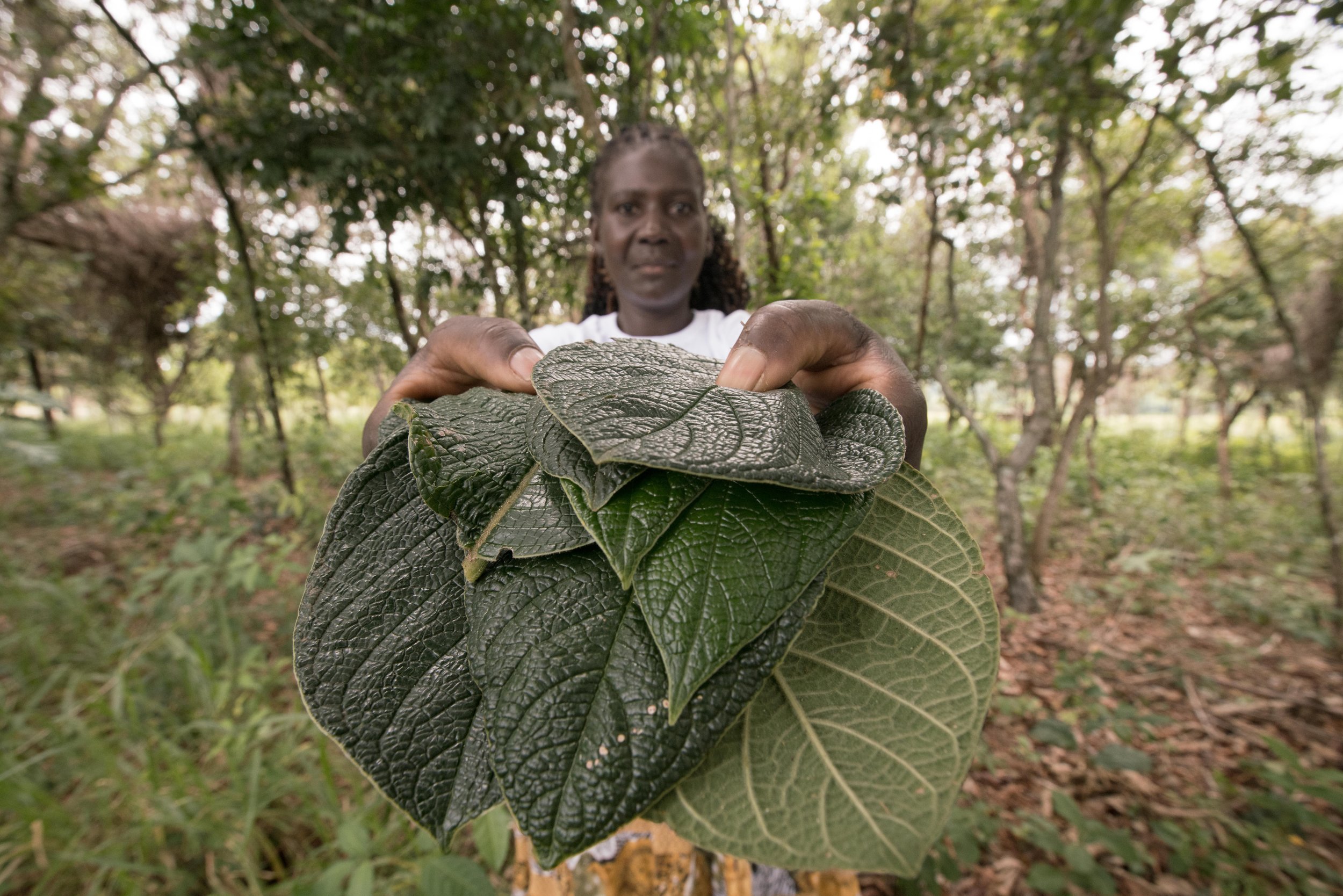
Subprojects
With support from DGM Brazil, the 64 subprojects aim at the sustainable development of territories and cultures of indigenous peoples, traditional communities and Quilombolas of Cerrado (Brazilian Savanna), the second largest biome in the country, known as the "birthplace of waters".
For a great extent, the selected subprojects aim to replenish the Cerrado biome with native species and promoting its sustainable management through: recovering springs and degraded areas (15), agroecological production (11), small agroindustries, processing and marketing of products from the Cerrado socio-biodiversity (15), territorial and environmental management and surveillance (11), strengthening craft production (5), community-based tourism (3), and institutional strengthening of representative and support organizations for indigenous peoples, Quilombola communities and traditional communities (4).
At the end of the project there will be 34,780 beneficiaries involved, being 11,041 adult women, 9,925 young people and 3,326 elders; 102 hectares for recovery; 74 springs to be protected; 238,089 hectares of area under community surveillance; 786 training activities (exchanges, seminars, workshops), of which 322 are specific for women; food security of 527 families. Resulting in 6,582,106 hectares of protected area belonging to the peoples of the Cerrado supported for sustainable landscape and land use managements, of which 6,478,115 are indigenous lands; 68,689 of Quilombola territories and 35,302 of traditional communities.
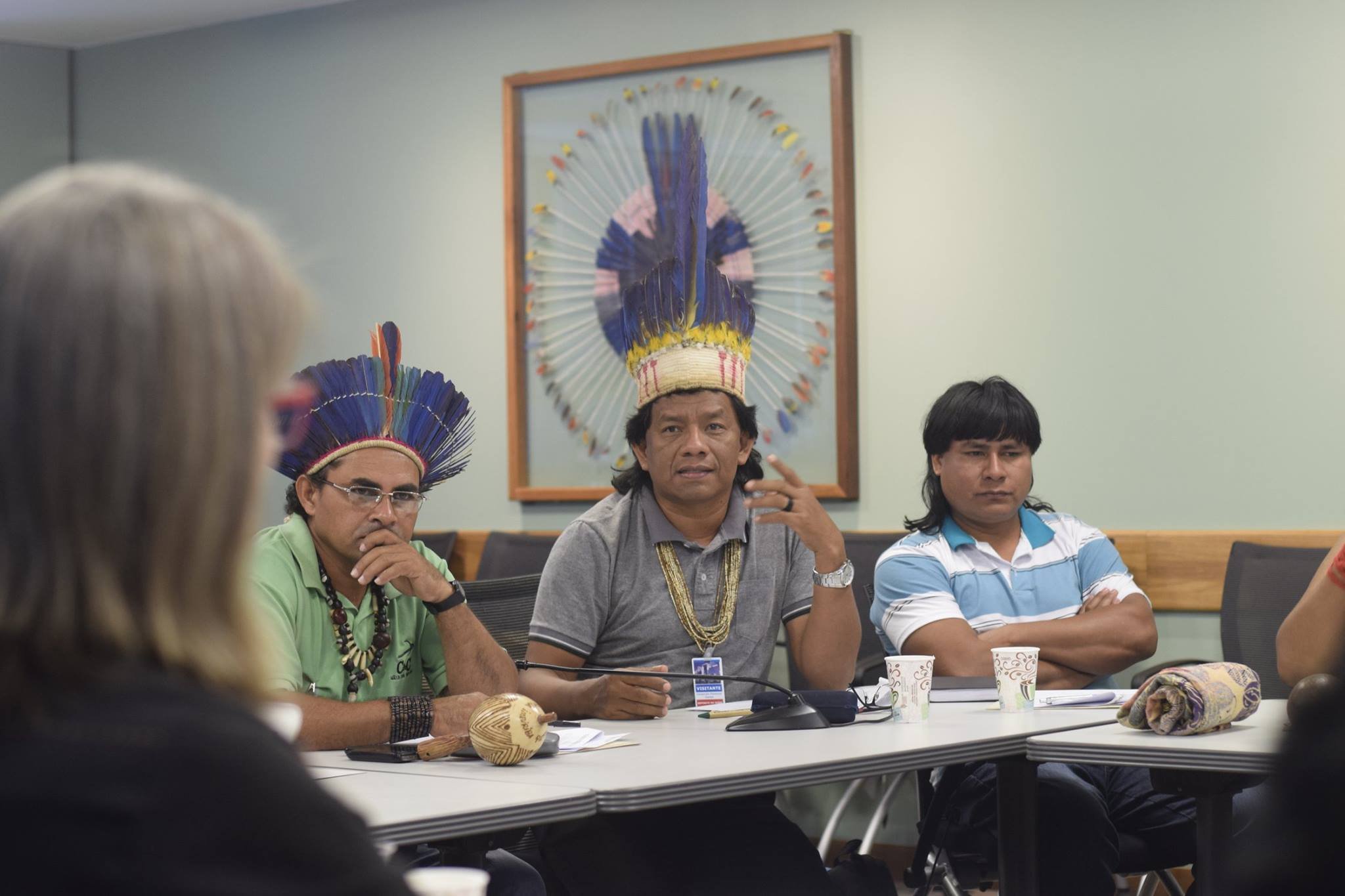
Capacity Building
Community members are building their capacity for forest management and engagement with national programs with DGM support. In October 2017, DGM Brazil held a three-day seminar on “REDD+ and Indigenous Peoples, Quilombolas, and Traditional Communities” which had 72 participants learning how they could play a role in the reduction of emissions from deforestations and forest degradation.
In December 2017, DGM Brazil representatives of 16 market-oriented subprojects participated in an exchange of experiences.
In January 2019, DGM Brazil started a new cycle of training designed based on the demands presented by the supported subprojects. The training plan has been structured in five thematic axes, being organized in 10 courses and three events. The axes are: 1 - Legal basis and social control; 2 - Conservation and environment; 3 - Production and market; 4 - Leadership training and project management; 5 - Events and seminars. For the implementation of the activities, several partnerships are being formed, such as Bem Diverso Project/Embrapa - Brazilian Agricultural Research Corporation, universities, family farming cooperatives, among others.
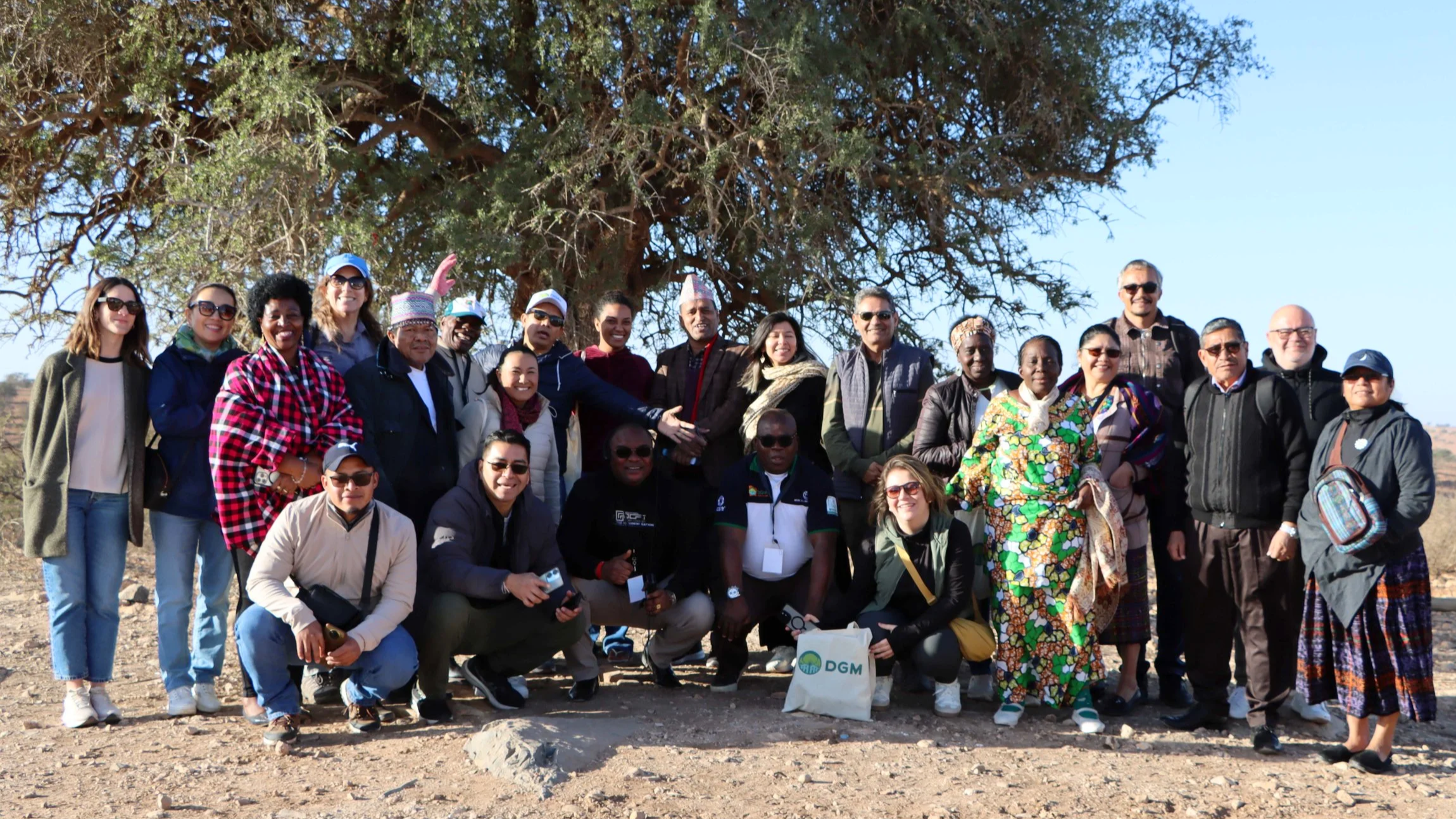
The World Bank has been selected to continue managing DGM Global under the Nature, People, and Climate (NPC) program with an allocation of US$5 million under the DGM’s new financing window.
In recognition of International Day of the World’s Indigenous Peoples, DGM GSC member Jagat Baram shares how this date is recognized and honored in his community and country.
In celebration of International Women's Day month, DGM Global invited one of the Global Steering Committee members, Lucely Pio to share her story and talk about the involvement of women in DGM Brazil projects.
A message to you from the 2021 cohort of DGM Global Learning Fellows: Indigenous and Local Community leaders from Brazil,, Mexico, Burkina Faso, and the Republic of Congo.
Hoy, en el Día Internacional de la tierra, quiero celebrar los esfuerzos que vienen realizando los pueblos indígenas del mundo para continuar protegiendo nuestro planeta. De tantas buenas experiencias a nivel local, quería resaltar una iniciativa desarrollada en la amazonía peruana con el Proyecto MDE Saweto.
Bharati Pathak, DGM Global Steering Committee member from Nepal, chair of the Federation of Community Forest User Groups Nepal (FECOFUN) and focal point for FECOFUN’s Gender Policy and Advocacy Program has been selected as the alternate observer of the Forest Investment Program (FIP) for the Eastern Europe/Asia/ Central Asia/Pacific region.
The Dedicated Grant Mechanism (DGM) is excited to share its 2020 Annual Report, covering the program’s fifth year supporting indigenous peoples and local communities.
This newsletter features DGM country and global project updates, stories of Indigenous and Local Community resilience, COVID-19 resources, publications, videos, upcoming events, and more!
In Indonesia, many communities working with the DGM in Sumatra, Java, East Java, and Sumba Island have taken the initiative to distribute food, conduct needs assessments, track coronavirus cases, and create quarantine centers and awareness campaigns. They have increased crop production to supply indigenous communities experiencing food shortages due to the long dry season coupled with the impact of COVID-19. Community cooperation has been critical in maintaining resilience and is evident in four stories written by DGM Indonesia NSC members.
Read about how local communities in Ghana, with the support of Solidaridad West Africa, are contributing to climate change mitigation while improving their resilience to the global crisis through forest restoration, beekeeping, climate-smart cocoa, renewable energy solutions, solar-powered boreholes and more!
Winners of DGM Photo Contest Focused on Indigenous Peoples and local communities Announced
In April, DGM Global published its 12th newsletter! Have you read the latest country project updates and DGM Global stories? Check out the newsletter for access to videos, photos, stories, reports, and program updates.
A message to you from Indigenous and Local Community leaders from Brazil, Colombia, Mexico, Nepal, Philippines, and Ghana.
